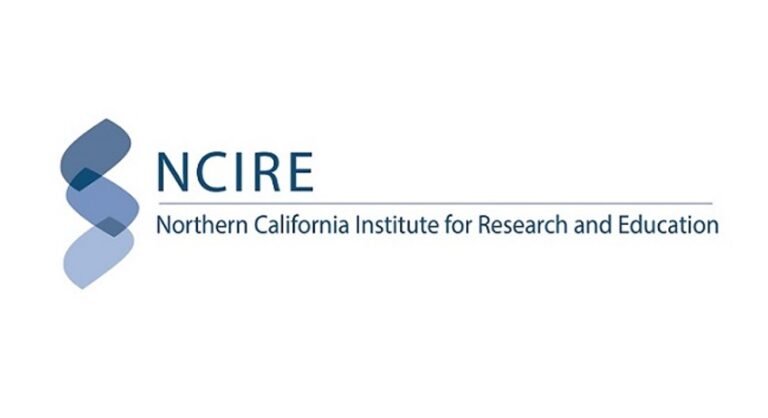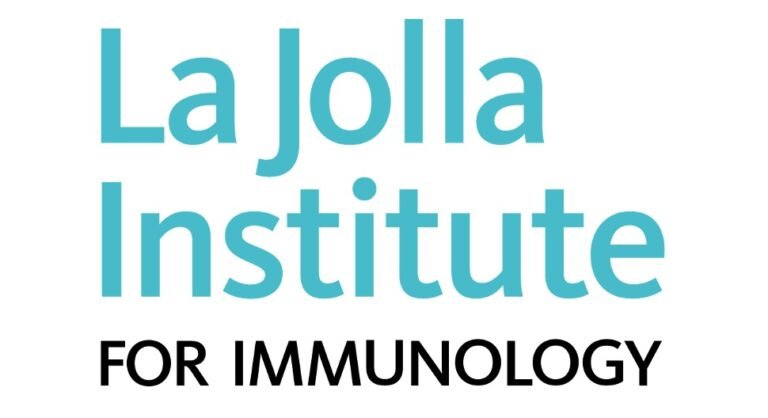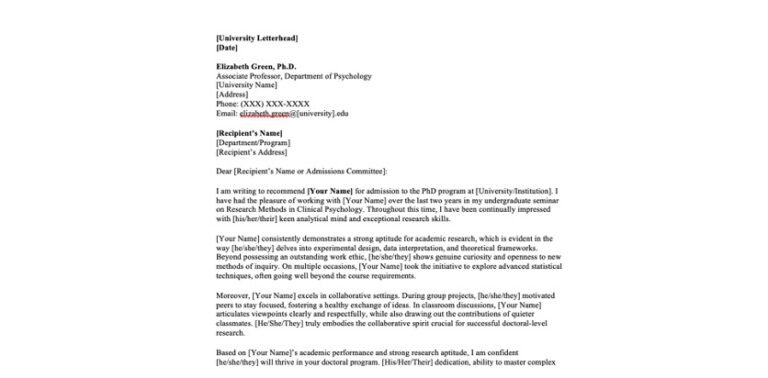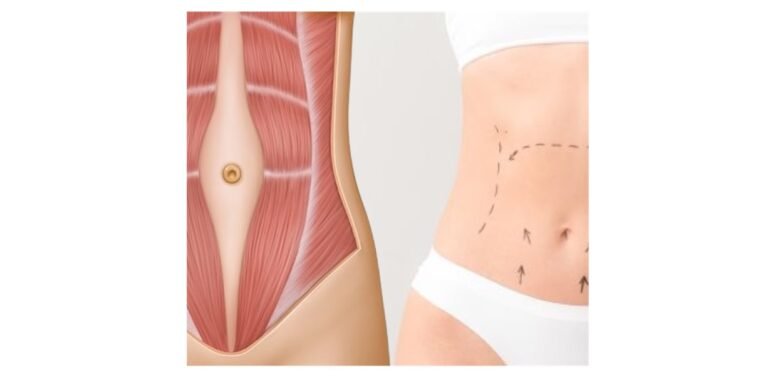The leading platform for academic job seekers: no scams, no junk, just verified listings!
Find top research opportunities in prominent universities
Trending Research Categories
Featured Opportunities
Salary: $68,640.00 - $93,060.24
Published 3 weeks ago
Staff Research Associate III (Data Scientist)
Deadline: Open until filled
Location: San Francisco, California
Salary: $71,760 - $76,024
Published 4 weeks ago
LJI T32 Immunology Training Program for US Citizen and Underrepresented Minority Postdoctoral Fellows
Deadline: Open until filled
Location: San Diego, California
Salary: $71,760 - $77,829
Published 4 weeks ago
Postdoctoral Fellow (Einav Lab)
Deadline: Open until filled
Location: San Diego, California
Salary: $71,760 - $77,829
Published 4 weeks ago
Postdoctoral Fellow (Benedict Lab)
Deadline: Open until filled
Location: San Diego, California
Salary: $78,000 to $84,000
Published 1 month ago
Postdoctoral Scholar - AI Alignment with Ethical Principles
Deadline: Open until filled
Location: United States
Salary: $78,252 - $83,052
Published 1 month ago
Postdoctoral Scholar - Department of Biochemistry - King Lab, Institute for Protein Design
Deadline: Open until filled
Location: United States
Popular Research Categories
Jobs by Discipline
What Our Users Are Saying
"Great job! I got a postdoctoral position in just two weeks. It's amazing! The pay, job, benefits, are all fantastic!"
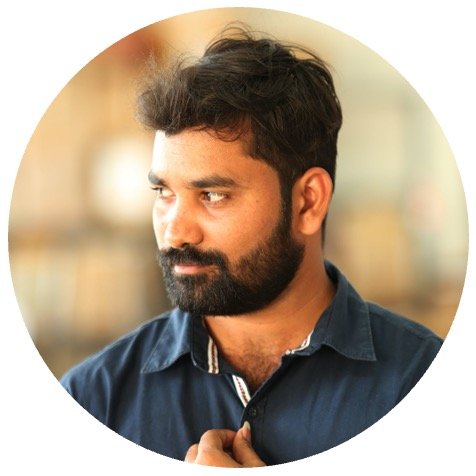
"I got a postdoctoral position with better pay and benefits! I just wish I had found ResearchTweet earlier."

"I really liked using ResearchTweet! I found a fully funded PhD programs with my dream project, and I'm very thankful!"
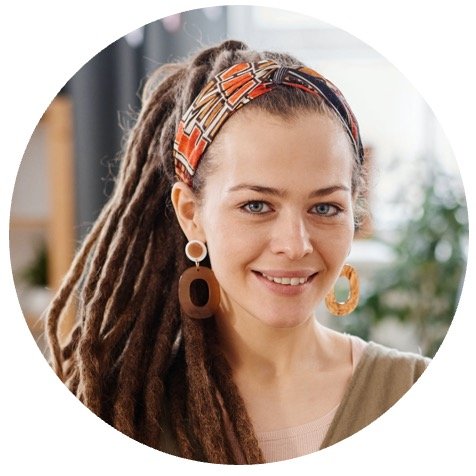
"Thank you so much, ResearchTweet teams, for the great job. I really, really appreciate all your hard work!"
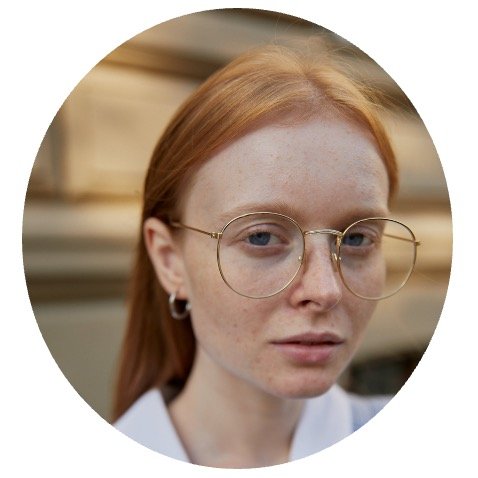
"Research jobs were well organized, there were thousands of them, and it was really easy to find my way around. That's how I found the perfect fully funded research project."

"ResearchTweet is amazing! You really save people's research careers. Thank you, and keep doing great work!"

"I'm extremely grateful for ResearchTweet! People can find research opportunities that align with their goals and aspirations, opening doors to new possibilities and paths forward."
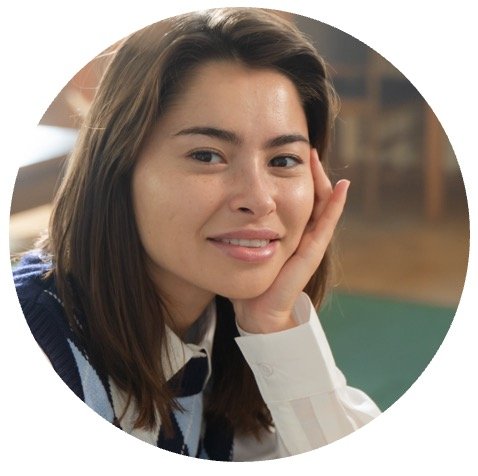
"Thank you for giving me the chance to find a great fully funded PhD project! There aren't many research projects options (at least fully funded projects) from my subject, so I'm really happy I found the one I love."

"I really liked using ResearchTweet! This PhD project I am working has already made my career better!"

Previous
Next

